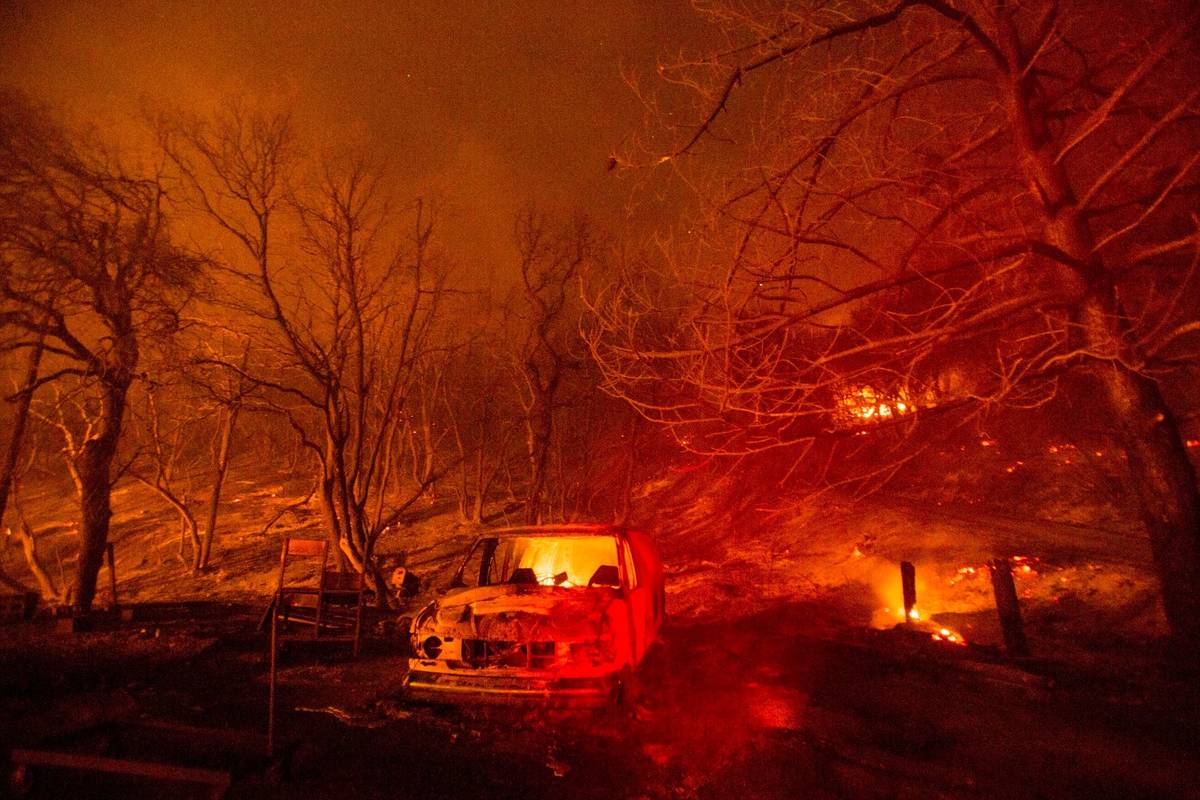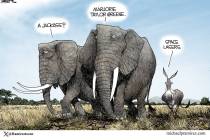COMMENTARY: Congress would be wise to listen to landowners on wildfire bill
If you are a landowner in the West, you know how important proactive fire management is to your safety, livelihood and future. With fire season finally, thankfully, coming to a close across most of the West, we cannot get complacent: Now is the time for Congress to act so that private landowners and public land managers can work together to reduce the risk of catastrophic wildfires.
So it was good to see last week the Senate subcommittee on public lands, forests and mining considering Senate Bill 4625, the National Prescribed Fire Act of 2020. Lawmakers should be commended for efforts to increase the pace and scale of proactive land management, wildfire risk mitigation and forest and grassland ecosystem restoration efforts that are embodied in the National Prescribed Fire Act.
It is particularly heartening to see that the act makes provision for the establishment of a “Collaborative Prescribed Fire Program” and a “Large Cross-Boundary Prescribed Fire Incentive Program.” Given the patchwork nature of land ownership in the West, a healthy fire regime in most Western landscapes requires collaborative processes and effective interagency coordination. Congress should ensure that landowners and, by extension, Prescribed Burn Associations or Landowner Burn Associations, are brought in early as decision-makers to cross-boundary prescribed fire planning.
To safely increase the use of prescribed fire across the private-public land matrix of the West, it is important to provide private land managers access to appropriate training and certification programs. These programs should be voluntary, affordable, practical and specifically tailored to the needs of private lands. We encourage lawmakers to work with states that have created successful certified ignition and prescribed fire training programs to ensure the legislation will work for rural landowners while upholding industry standards and best practices.
Finally, in many parts of the West, strict emissions, smoke management and burn regulations limit the feasibility of implementing prescribed fire as a management strategy for landowners. This often leaves intensive thinning as the primary or only management tool on forested lands to restore and maintain ecological health and reduce wildfire risk. On top of this, ambiguity regarding landowner liability and personal risk further complicate efforts to use prescribed fire in management. It is a pleasure to see that the National Prescribed Fire Act would provide “federally sponsored insurance administered by states, in conjunction with state-sponsored training and certification programs, for private persons implementing prescribed fires.” We believe that this risk mitigation tool would go a long way toward safely increasing landowner access to prescribed fire as a land stewardship strategy.
Wildland fire is a tool that was for centuries used to maintain the ecological health and the safety of Western landscapes. It can again be such a tool — but only with smart leadership from the federal level that allows local land managers the flexibility to deploy it effectively. Proposals such as the National Prescribed Fire Act of 2020 can be part of that. Let’s make it happen.
Lesli Allison is executive director of the Western Landowners Alliance, based in Santa Fe, New Mexico.




























